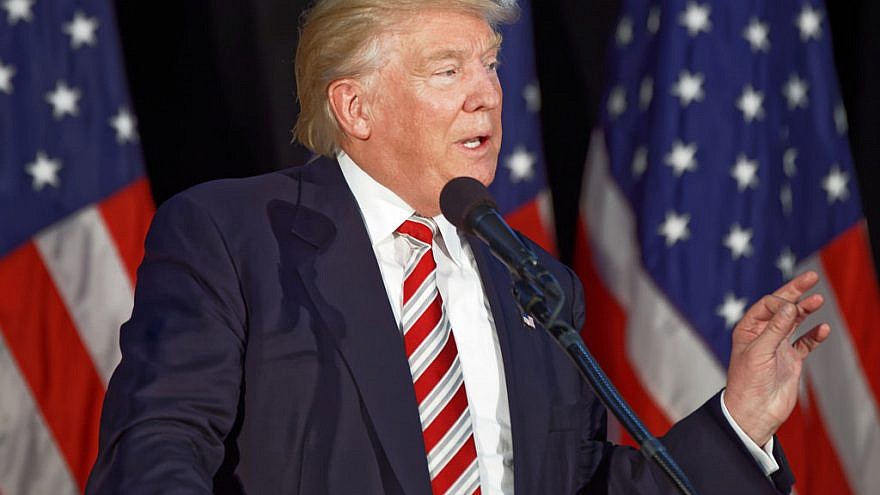In the 17th century, English philosopher Thomas Hobbes warned famously against anarchy in world politics, a condition that he associated with a “war of all against all.” Appearing in Leviathan, this prescient warning highlighted the interdependence of states in world politics. It also served as a necessary reminder that “going it alone” is inevitably futile and self-destructive.
What about our present historical moment?
In view of US President Donald Trump’s express movement towards “America First” — a conspicuously retrograde movement — this Hobbesian assessment turns out to be grievously prophetic. This sobering assessment had already been acknowledged by the founders of the United States.
One thing is certain. Thomas Jefferson, Thomas Paine, James Madison, John Jay, Alexander Hamilton, and several easily recognizable others would have lamented “America First” — and in absolutely all of its barbarous and refractory meanings.
In essence, as these readers and thinkers would assuredly have borne witness, Donald Trump’s stale ideas favoring zero-sum thinking in world politics are demonstrably false and inherently baneful.
Promptly, and above anything else (especially on this steadily nuclearizing planet), “America First” needs to be “repealed and replaced.” Seemingly rational and self-interested, it is instead an injurious policy stance that offers only an inevitable retreat from what is actually required. Any such imperative rejections must be based upon the prudent calculation that no nation-state should expect to survive at the expense of certain other nation-states.
It’s really quite plain. We’re all in the soup together.
“America First” merely codifies an illusion that is sorely misconceived and prospectively lethal. Left unchallenged, it will only energize a perilously backward-looking mantra, an atavistic chant that would further harden the hearts of America’s most utterly recalcitrant adversaries. Correspondingly, what is badly needed right now is a substantially broadened affirmation of human interdependence and global inter-connectedness.
There is no other way to move forward.
What is required is literally the diametric opposite of Donald Trump’s atavistic vision.
World politics has always been shaped by continuously shifting balances in global power, and by certain related correlates of war, terror, and genocide. To be sure, hope for betterment should still be encouraged — but now, it should sing more softly, unobtrusively, and in a reassuringly calculated undertone. Before we can advance purposefully both as individual states and as a planetary system of states, it will be necessary to finally learn how to co-exist.
There is no other way.
Learning from history, we Americans may yet learn something from the mounting regressions of “America First” that is both useful and redemptive. We may learn, for example, even during this Trump-time of corrosive national declension, that a commonly felt agony is more important than astrophysics; that a ubiquitous mortality is more consequential than any transient financial “success”; and that shared human tears may reveal more deeply layered meanings and opportunities than “everyone for himself” tax reductions or inherently porous border walls.
In The Decline of the West, first published during World War I, Oswald Spengler asked profoundly: “Can a desperate faith in knowledge free us from the nightmare of grand questions?” This remains a vital query, one that will likely never be raised in our universities, on Wall Street, or absolutely anywhere near the Trump White House. Still, we may learn something useful about these “grand questions” by more closely studying American responsibilities in world politics, obligations that can never be advanced by casually abandoning US allies, interests, and ideals in such far-flung places as Syria, Turkey, the Philippines, Yemen, and Saudi Arabia.
At that point, we might finally understand something starkly fundamental: The most suffocating insecurities of life on earth can never be undone by militarizing global economics, building larger missiles, abrogating international treaties, or replacing one sordid foreign regime with another.
In the end, and even amid our expansively squalid American politics, truth must remain exculpatory. In what amounts to a markedly promising paradox, “America First” reveals a hideous lie that can help us to see the truth. This primal truth is not really all that complicated. What is required, above anything else, is a wider and deeper consciousness of human unity and relatedness. By definition, this indispensably new consciousness would represent the diametric opposite of “America First.”


























